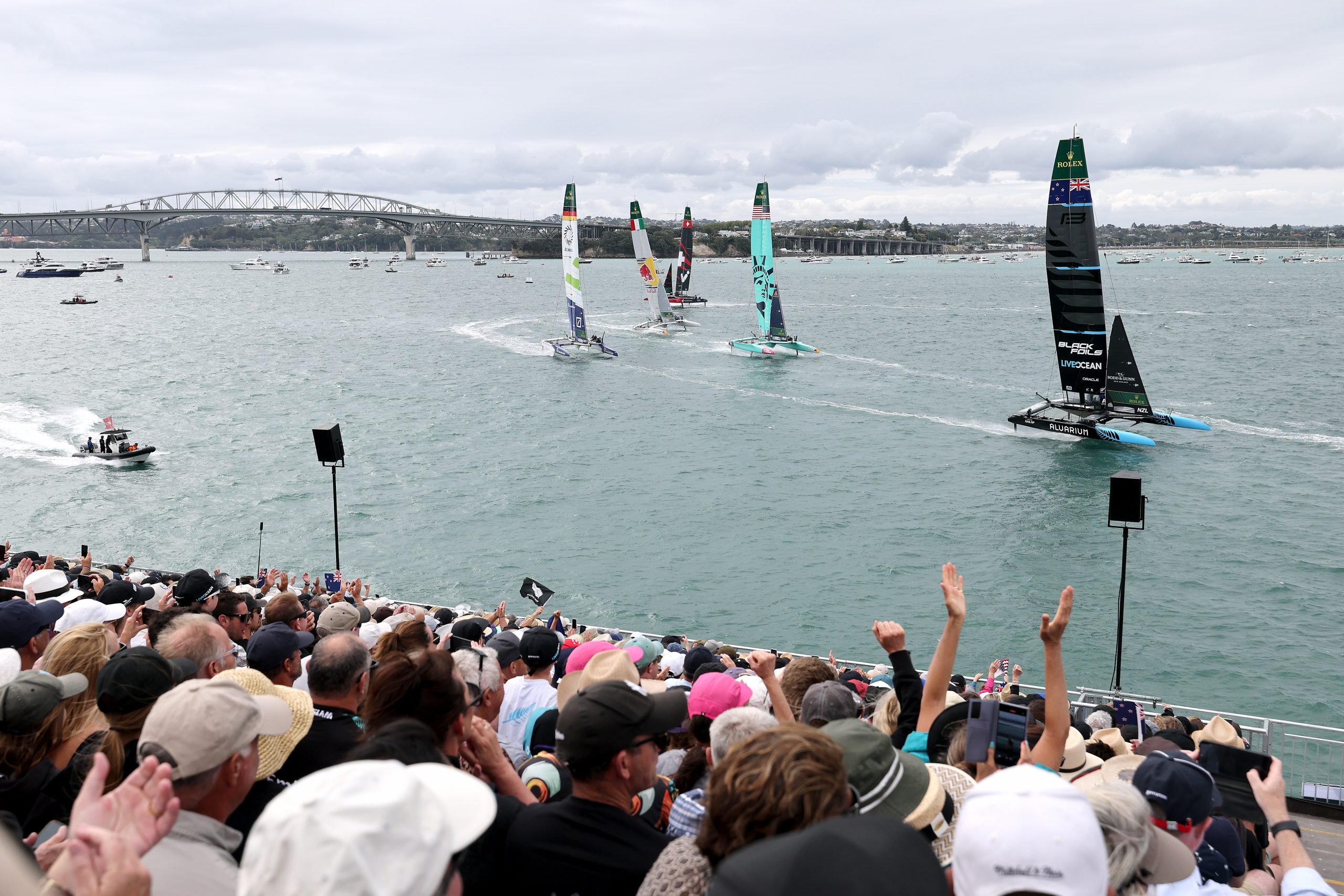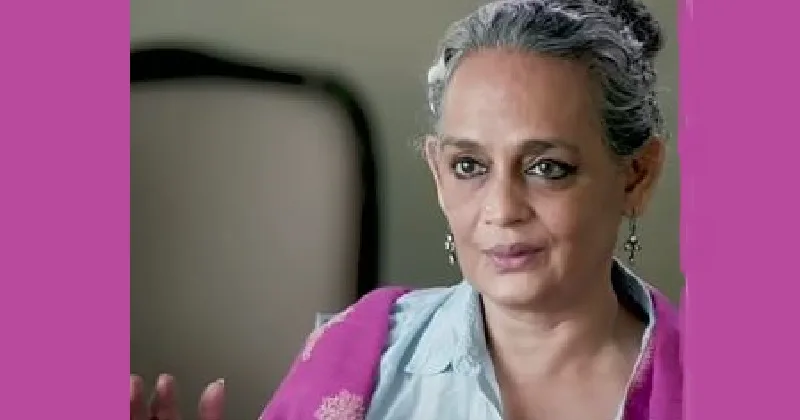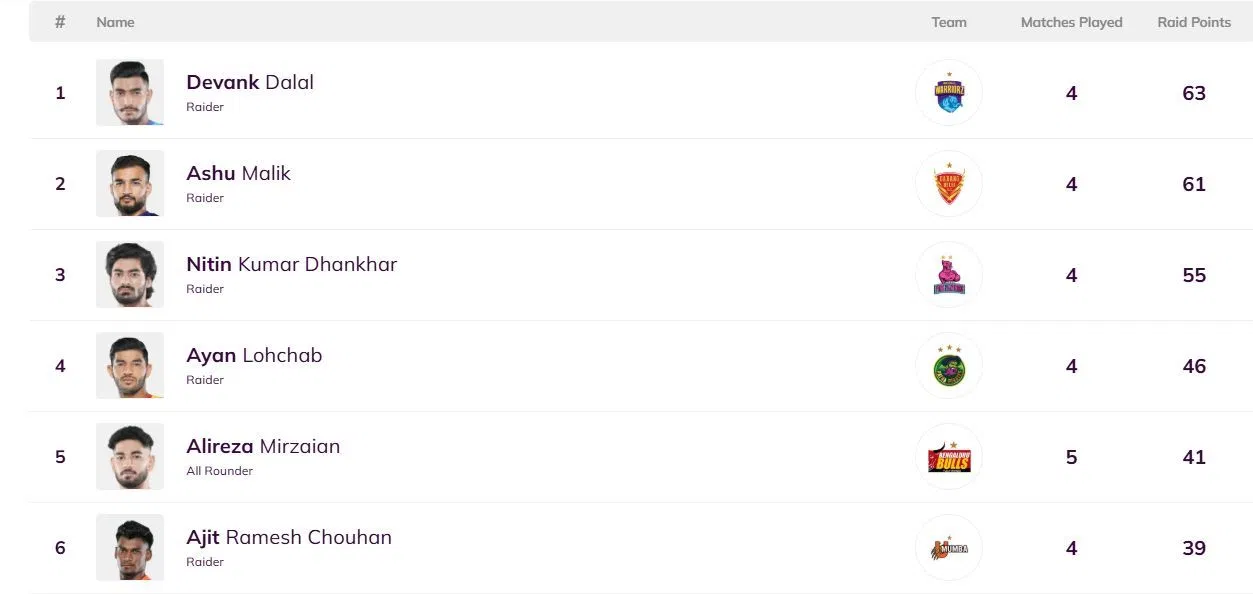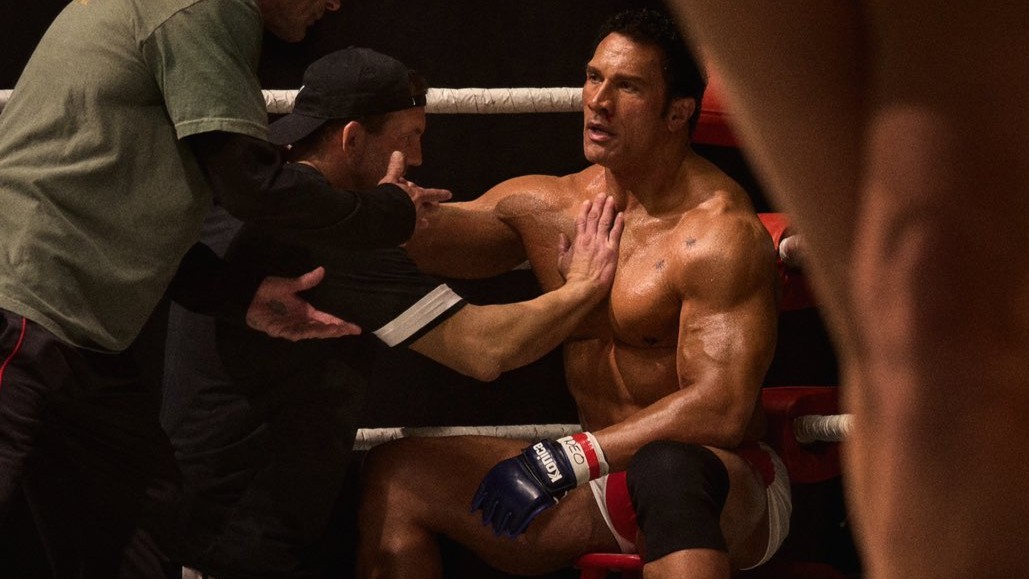By Tim Murphy
Copyright newsroom

One politician’s ‘nice-to-have’ spending is another’s critical economic lever.
All of a sudden, the cycle that seemed to turn against multi-million dollar budgets for seeking and hosting major sports and entertainment events has rolled again – and they are back in favour.
The Government is about to announce a special fund of about $10m for a year to attract major concert acts to New Zealand.
As well, Auckland Council has re-thought its halving of its events arm’s major events budget two years ago to save money. It has now agreed to underwrite up to $30m in spending to win the rights to events for the city over the next three years.
And Auckland Mayor Wayne Brown believes the Government is starting to “crumble” on its opposition to an accommodation bed night levy charged on visitors to fund a long-term, sustainable major events strategy.
Brown half jokes that “we’ve decided we’re going to call it the Big Events Incentive” so that opponents of a bed night levy in the Act Party might find a way to support it.
While Brown is all-in now on the levy to raise up to $40m to allow Auckland to seek and bring in events that would stimulate the economy, he was not a fan of the council organisation Tatāki Auckland Unlimited deploying substantial ratepayer funds for that purpose.
In early budget cuts in this term driven by the mayor’s office, TAU was halved in its ratepayer-funded activities, the events money dropping from $15m to $7m. Even that $7m for 2025-26 relies on a diversion of the central city targeted rate, a half million dollar contribution from the mayor’s office budget and a bid for outside donations. And it was for one year.
Before those cuts to the city’s bidding capability, Auckland experienced an events sweet spot, with the women’s world cups in rugby and football, a cricket world cup and the World Choir Games bringing visitors, global attention and money through the city.
The bed night levy has been settled on by the council as the option to replace and enhance that major events and destination funding, with Brown saying it is backed by the accommodation sector, from big hotels to Airbnb homes.
He has been vocal trying to convince Prime Minister Christopher Luxon and ministers to enact the levy and solve the events issue. But Luxon and Tourism Minister Louise Upston have been equally definitive a levy is not on the agenda in this term of government.
“There needs to be a long-term solution,” Brown says, noting the $30m underwrite ($10m a year) is a short-term measure to keep TAU and Auckland in the game for events looking to confirm a venue here or in Australia.
“The Government are showing signs of weakening [saying] ‘we are now going to have a complete review’ instead of fiddling around here, so watch for the carefully calibrated words as they crumble.”
The mayor told councillors the Government had “worked themselves into a bit of a corner there. He [Luxon] is trying to manage recalcitrant Act MPs and he’s digging himself out of it as best he can”.
He claims 65 percent of National supporters and 63 percent of Act people back a bed night levy, and that would weigh on central government politicians when they faced their election in 2026.
“They are just trying to find some word-smithing to get themselves out of it,” Brown said of the Government.
The underwrite, which the council and ratepayers would only face paying for if no other solution arises, was a precaution.
“Some form of thing will come out of here,” he said of the levy discussions. “And we are also wandering into the realms of the Auckland City Deal. That’s one of the things on that.
“There will be an appropriate time, in the dead of night, when we get this, with a bit of luck.”
Councillors are puzzled by the Government’s resistance to the idea. Shane Henderson, from the Waitakere ward, says: “If you give Auckland Council power to handle it, to levy it and set the rates, we also carry the political cost or benefit of it as well.
“For the Government to say ‘we don’t want another tax’ – it makes no sense to me.”
In August, Luxon announced a review of the major events policy at a national level. The Government had signalled a fund of $5m towards attracting events and acts to New Zealand in its tourism strategy, but it is expected on Thursday to supplement that with another fund of $10m.
That’s in addition to the existing funding for events nationwide administered through the Ministry of Business, Innovation & Employment.
When he unveiled the new push for events, Luxon said the strategy needed a “total rethink”.
“I think that is something that is genuinely stimulating economic activity. You need to, because it’s a pipeline of activity,” he told Newstalk ZB.
“You’ve actually got to stuff it with things that may not pay off just this month, but actually will pay off in a year or two ahead as well.”
Annie Dundas, destination director for TAU, tells Newsroom she hopes Auckland will “get a fair share of the opportunity” created by the new central government funding to bid for events.
At present, any events funding from the separate International Visitors Levy was likely to be time-limited, seeking a quick boost to arrivals to this country.
While the Government’s new funding could be good for events such as concerts, which are not covered by current criteria, the council’s further agreement to provide TAU with the $30m underwrite would also put Auckland back in the major events bidding game.
“We can put our best foot forward,” Dundas says. Events such as Sail GP basically required a bidding sum of about $1m. Having the backstop of the underwrite gave Auckland Events certainty about pursuing involvement.
“People do not come here to do events just because they like New Zealand, or Auckland. They come because we are going to put some money in the tin to make sure it all happens and it can be accessed by more and more people.”
Since the underwrite was confirmed, TAU had already “moved along with one significant event for 2027, and we’re pretty delighted about that and we have a number of others in the pipeline that we can confidently put bids in for”.
When councillors agreed to provide the facility, they heard Auckland needed to be able to bid for two Lions rugby tours, the women in 2027 and men in 2029, and the T20 Cricket World Cup in 2028. “And we would be very keen to host a State of Origin match.”
Dundas told councillors there was a fear events could pick other centres unless Auckland could compete financially – and “specifically Christchurch, because of the fantastic new infrastructure that they’ve built, that will launch and open next year”.
Now, with the underwrite available, Auckland Events hoped a visitor levy could be agreed within two years. “The mayor’s obviously keen on a bed levy, as are we. We’re keen to see that move ahead.
“And whatever we spend out of the underwrite would eventually be paid back out of the bed levy, that’s as I understand it.”
She says the big issue ahead is to determine “the size of the prize … if we want a year-round portfolio of major events for Auckland and the rest of the country, what investment would be required to get that?”
Auckland Events estimates, based on pre-Covid projections, that the city should have a major events budget of about $36m a year, inflation adjusted.
“We don’t know that’s enough, that’s what we think it should be. So what is the opportunity? And that’s the bit, with a rethink of major events focus, what is our aspiration?
“So what are we actually gunning for? When we look across at Australia and see all their major events, to be fair to them they have actually prioritised major events and destination within their budgets. They see it as a massive game-changer for civic pride, community and visitation and economic return.”
On the competition Christchurch could soon give Auckland for events, Dundas says Auckland had a good run for a decade without Christchurch in the mix after the earthquakes, and now had to accept it would be able to offer “the new shiny stadium on the block”.
But it was also possible concert promoters seeking a top North Island and South Island location could opt for both venues to benefit their bottom lines.
The opening of the Auckland International Convention Centre at SkyCity in 2026 meant a strong year of business events through to 2027. This year and next were not so good for the category of major events, but if bids succeed, Auckland should be back with big attractions in 2027-28-29.
“Ultimately you want to get to a significant major event more than once a year. We’d love 12, once a month, but that’s probably not going to happen. But if you could have at least two or three significant sporting, concert, cultural, whatever they may be, events across the year, that’s enormous. That would make the city hum.”



